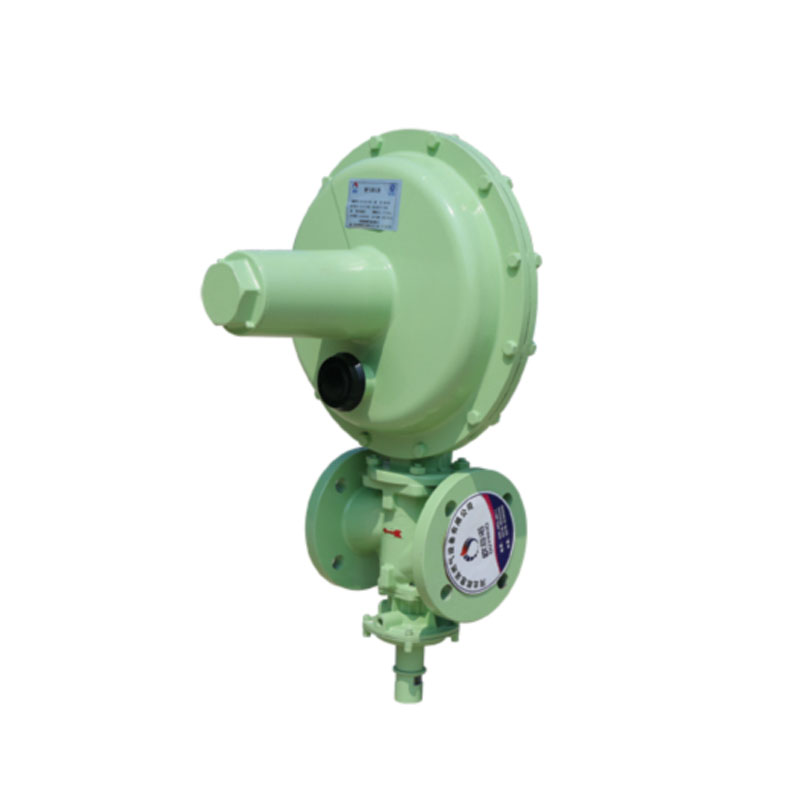
Nov . 13, 2024 07:40
Back to list
natural gas safety valve
The Importance of Natural Gas Safety Valves
Natural gas is a widely used energy source that powers everything from heating systems to cooking appliances. However, with its benefits come significant safety concerns. One of the critical components in ensuring the safe use of natural gas is the safety valve. A natural gas safety valve is designed to automatically control the flow of gas, preventing potentially dangerous situations from arising.
Safety valves play a crucial role in maintaining pressure within gas systems. They are engineered to sense excessive pressure that may build up due to various factors, such as equipment malfunction or thermal expansion. When pressure exceeds predetermined limits, the safety valve promptly opens to release excess gas, thereby preventing the risk of explosions or leaks. This function is vital for protecting both residential and commercial installations.
There are several types of safety valves used in natural gas systems, including relief valves and shut-off valves. Relief valves are designed to open when there is an increase in pressure, allowing gas to escape safely. Meanwhile, shut-off valves can be manually or automatically operated to stop the gas flow entirely in case of an emergency. The choice of valve depends on the specific application and the design of the gas system.
natural gas safety valve

Regular maintenance and inspection of natural gas safety valves are essential for ensuring their proper function. It is recommended that these valves be checked at least once a year to confirm they are in good working condition. During inspections, technicians should look for signs of wear, corrosion, or any physical damage. If any issues are identified, the valve should be repaired or replaced promptly to avoid compromising safety.
Furthermore, it is crucial for homeowners and businesses to be aware of the signs of a gas leak, which can include a distinct rotten egg odor, hissing sounds, or dead vegetation near gas lines. In the event of a suspected gas leak, it is imperative to evacuate the area immediately and contact local utilities or emergency services for assistance.
In conclusion, natural gas safety valves are essential components in safeguarding against the inherent risks associated with gas usage. By ensuring that these valves are properly installed, maintained, and regularly inspected, we can help mitigate the risks of gas leaks or explosions, promoting a safer environment for everyone. Understanding and prioritizing gas safety is fundamental to harnessing the benefits of natural gas responsibly.
Next:
Latest news
-
Safety Valve Spring-Loaded Design Overpressure ProtectionNewsJul.25,2025
-
Precision Voltage Regulator AC5 Accuracy Grade PerformanceNewsJul.25,2025
-
Natural Gas Pressure Regulating Skid Industrial Pipeline ApplicationsNewsJul.25,2025
-
Natural Gas Filter Stainless Steel Mesh Element DesignNewsJul.25,2025
-
Gas Pressure Regulator Valve Direct-Acting Spring-Loaded DesignNewsJul.25,2025
-
Decompression Equipment Multi-Stage Heat Exchange System DesignNewsJul.25,2025

